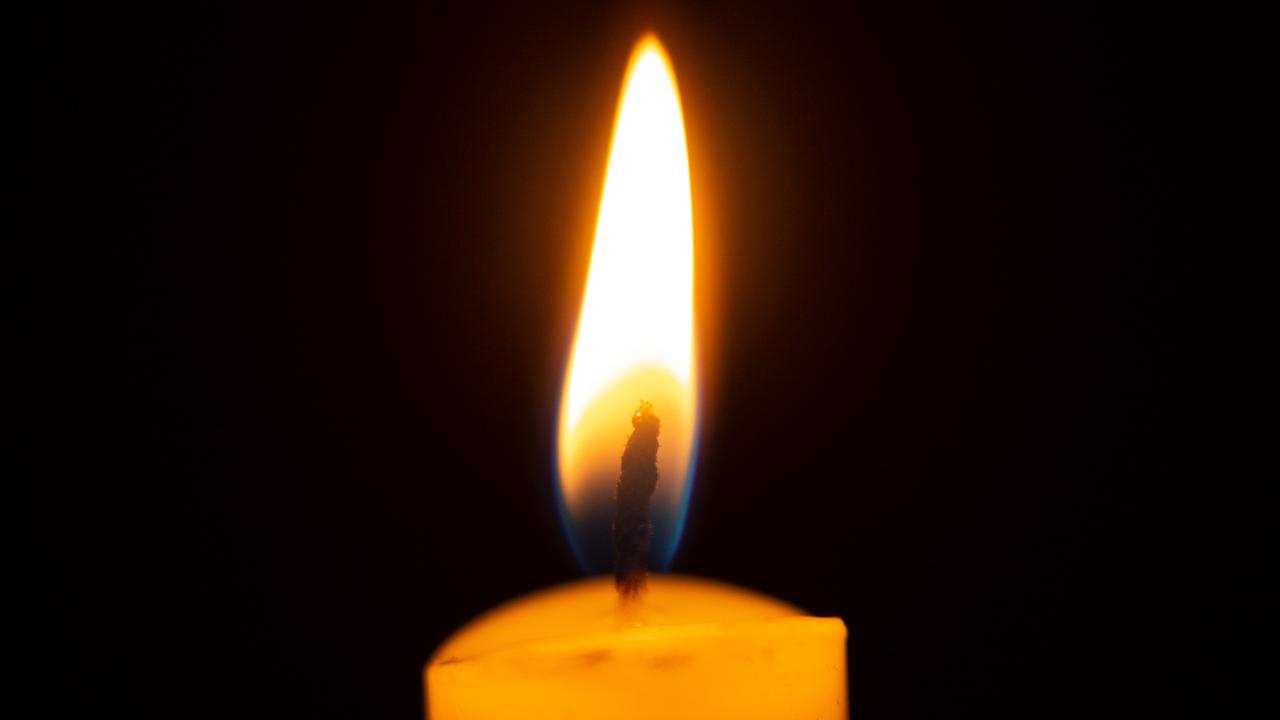A Tasmanian family sacrifice
SIX boys from the same Tasmanian family enlisted to fight for King and Country in World War I.
ANZAC Centenary
Don't miss out on the headlines from ANZAC Centenary. Followed categories will be added to My News.
SIX boys from the same Tasmanian family enlisted to fight for King and Country in World War I.
Three of the Roughley brothers died in France, another saw active service and returned safely, while two more were discharged near the war’s end.
Charles William Roughley died of wounds; George Asher Roughley died of disease; and James Thomas Roughley was killed in action.
Leslie Mortimer Roughley signed up but was discharged as medically unfit just weeks before the war was over, while the two youngest Roughley boys, Stephen Stanley and Alfred Roy, also joined up.
One can only ponder on the great loss to the family, who lived at Railton, 20km south of Devonport.
Their names are carried on the Railton war memorial.
It is hard to know exactly how many Tasmanians were killed during World War I, but it is well in excess of 2500.
While the Roughley brothers are but three from this total, few families made such a sacrifice.
The Roughleys are an old colonial family. All the three who died enlisted in 1916 and died in 1918.
No doubt their enthusiasm to join up was infectious and all trained at the Claremont Camp. What made Leslie join up? By the time of his enlistment, three of his brothers were dead.
What would his relatives think of him enlisting? Hadn’t they given enough?
Did he enlist for vengeance or because he considered it was his duty, regardless of the cost the family had already paid?
The eldest brother, Ernest Henry Roughley, was named as next-of-kin for several of his brothers and does not appear to have enlisted himself.
George Roughley was the husband of Myrtle from Stanley. He enlisted in the 40th Battalion as a private on March 29, 1916. He was a farm labourer, a solid bloke, two inches from six foot tall and 29 years of age.
It wasn’t long after arriving in France that he was in the thick of it. On one occasion he had some time off duty recuperating from a medical condition.
The Mercury reported on October 7, 1918, that he had been wounded, it being the “third occasion”.
On one occasion previously he had been gassed and evacuated to England for treatment.
Two months after he was wounded for the third time, George was sent to hospital suffering influenza. He died there from bronchial pneumonia on November 2, 1918, just nine days before the armistice.
His wife, who was then living in Bathurst St, Launceston, was informed of the news and advised that George had been buried in Abbeville Cemetery, France.
Charles Roughley enlisted as a private in the 12 Battalion on July 18, 1916, four months after his brother George.
Charles was a couple of inches shorter and about the same age.
He embarked for the front from Melbourne on the transport ship Botanist. He soon was in the thick of it and it was reported in the Examiner of a June 15, 1917, that he had been wounded.
After recovering in hospital in England, Charles was sent back to the France and was severely wounded in June the following year.
He did not recover and died from his multiple gunshot wounds on June 8, 1918. He is buried in the Ebblingham British cemetery, France.
The third son, James Roughley, enlisted on November 7, 1916, as a private in the 8th/40th Battalion and embarked for France from Sydney on the transport ship Hororata.
Like his brothers he was a solidly-built farm labourer. He was 27 years of age, and the shortest of the three, being two inches shorter than Charles.
Sadly he would be killed in action on March 28, 1918, dying before his brothers, who must have known of the death of their brother serving in France.
James is buried Heilly Station Cemetery, France.
Alfred Roughley was 22 when he enlisted at Devonport in October 1917.
He was wounded in France in August 1918 and invalided to the United Kingdom. He returned to active service and was demobilised after the war’s end.
Stephen Roughley was a few months short of 19 when he joined up in March 1918. He sailed from Sydney for Europe in July but disembarked in Perth after contracting the mumps and was returned to Tasmania medically unfit.
By the time of the six brother’s enlistment, Leslie Roughley, the war was drawing to a close and when he was honourably discharged on October 26, 1918, it only had several weeks to go.
The Roughleys served in purely Tasmanian battalions – the 12th and 40th. The 40th arrived the first time in France on November 24, 1916, and by the December 2 they were in action.
The battalion’s record is more than impressive, its last operation being on October 2, 1918. Two days later, Germany asked that the president of the United States consider the restoration of peace, which was signed on Armistice Day - November 11, 1918.
The 12th Battalion fought at Gallipoli.
With the conclusion of the fighting there, the battalion was free for service elsewhere. On March 29, 1916, they arrived in France and by early May were in the trenches.
The battalion’s record is just as impressive as the 40th and on occasions the two Tasmanian battalions would be stationed in close proximity of each other, where an opportunity was taken to visit old friends from home.
The battalion continued until the welcome news was received that the Armistice between the Allies and Germany had been signed. It was weeks, however, before men from either battalion were demobilised.
The men of Tasmania paid a hard price for their duty. The words of the then Minister of War, Senator George Foster Pearce from South Australia, said of the Tasmanians, “The number of men enrolled in Tasmania was so small that was found impossible to form a battalion.” And later: “I am loath to have to point out that for what has happened the manhood of [Tasmania] is to blame.” (The Mercury, March 18, 1916.).
I doubt the Roughley family would have agreed or understood the pomposity of the man, nor would the other 13,000 and more men who enlisted and the numerous grieving families that had to endure such tragic losses.
Originally published as A Tasmanian family sacrifice


